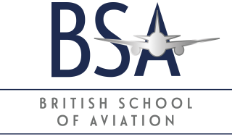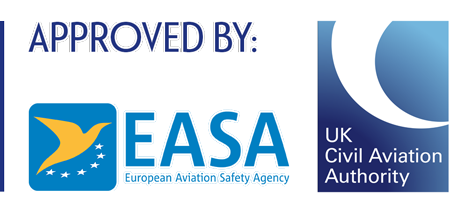Drone Flying and the Law
Flying a Drone for a hobby or for business?
Drone use is growing rapidly in the UK as consumer-grade devices have become increasingly sophisticated and cheaper. The CAA estimates that there are now approximately 130,000 drone users in Britain and their usage is forming part of a wider aviation industry, which could add more than £40billion to the economy by 2030.
Whether you wish to fly a drone for recreational or commercial purposes, their operation is regulated under the government’s Air Navigation Order legislation. In November 2019, it became a legal requirement for drone operators to register with the CAA or face a fine of £1,000.
UK law distinguishes between the operator of the drone and its pilot. The operator is the person who owns it and has ultimate responsibility for it. The pilot actually operates the flight controls. Generally, the operator and pilot are the same person.
The law states that an operator of a drone which is between 250g and 25kg in weight must not permit its flight unless:
– They have obtained an operator ID and a certificate of registration from the CAA (aged over 18).
– The operator’s registration number is displayed on the drone.
– The pilot has passed a theory test and obtained a flyer ID from the CAA.
If flying a drone for commercial purposes, operators must first acquire ‘Permission for Commercial Operation’ from the CAA, which is a legal requirement.
The required flight training course must be carried out by a CAA-approved academy.
More information about registering is available on the Civil Aviation Authority website.




